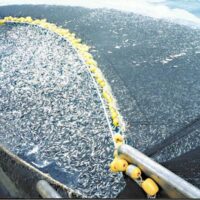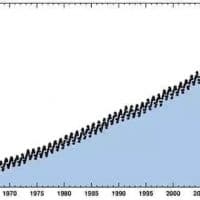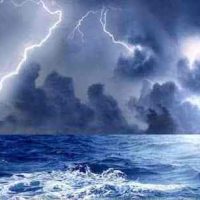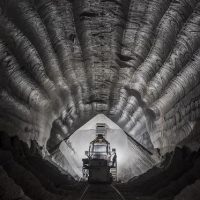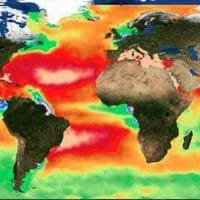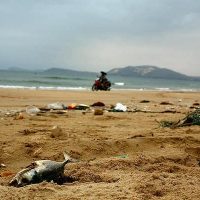-
Insect Apocalypse in the Anthropocene, Part 3
Ian Angus on chemical warfare against insects.
-
Insect Apocalypse in the Anthropocene, Part 2
The world’s insects are among the principal victims of capitalist agricultural concentration.
-
The discovery & rediscovery of metabolic rift
Ian Angus discusses the scientific developments that led Marx to develop metabolic rift theory in the 1800s, and a new generation to rediscover it the 21st century.
-
The meaning of ‘So-called Primitive Accumulation’
A key concept in Karl Marx’s Capital is widely misunderstood.
-
Against enclosure: The commoners fight back
Articles in this series: Commons and classes before capitalism ‘Systematic theft of communal property’ Against Enclosure: The Commonwealth Men Dispossessed: Origins of the Working Class Against Enclosure: The Commoners Fight Back by Ian Angus In 1542, Henry VIII gave his friend and privy councilor Sir William Herbert a gift: the buildings and lands of a […]
-
Dispossessed: Origins of the Working Class
Deprived of land and common rights, the English poor were forced into wage-labor. CAPITAL VERSUS COMMONS, 4
-
Against Enclosure: The Commonwealth Men
How 16th century reformers fought privatization of land and capitalist agriculture.
-
‘Climate change is the single biggest health threat facing humanity’
World Health Organization urges ‘rapid and ambitious action to halt and reverse the climate crisis’.
-
200+ medical journals demand emergency climate action
Editors urge ‘fundamental changes to how our societies and economies are organized’.
-
Robbing the Soil, 2: ‘Systematic theft of communal property’
“The expropriation of the mass of the people from the soil forms the basis of the capitalist mode of production.” (Karl Marx)
-
Robbing the soil, 1: Commons and classes before capitalism
“All progress in capitalist agriculture is a progress in the art, not only of robbing the worker, but of robbing the soil.” (Karl Marx)
-
The fishing revolution
Centuries before the industrial revolution, the first factories transformed seafood production.
-
The first cod war
How England’s government-licensed pirates stole the Newfoundland fishery from Europe’s largest feudal empire.
-
Newfoundland = New found fish
While treasure fleets carried silver to Spain, far more ships were carrying men, fish and whale oil across the North Atlantic.
-
Commodity cod & factory ships
Beginning a series on the role of fishing in the birth and spread of capitalism, and the role of capitalism in today’s mass extinction of ocean life.
-
Greenhouse gases set new record, despite COVID-19 lockdown
Top meteorologist: only a complete transformation of our industrial, energy and transport systems can stop climate change.
-
Triple Crisis in the Anthropocene Ocean. Part Three: The heat of 3.6 Billion Atom Bombs
Since 1987 the ocean has warmed 4.5 times as fast as in the previous three decades. The Intergovernmental Panel on Climate Change (IPCC) projects that even if emissions are substantially reduced, by 2100 the ocean will heat 2 to 4 times as much as it has since 1970–and if emissions are not cut, it will heat 5 to 7 times as much.
-
Triple Crisis in the Anthropocene Ocean. Part Two: Running low on oxygen
Continuing Ian Angus’s examination of the ‘deadly trio’ of CO2-driven assaults on ocean life. Part two: The ocean is losing its breath.
-
Triple crisis in the Anthropocene Ocean
Scientists call them a ‘deadly trio.’ If acidification, oxygen loss, and overheating are not ended soon, a massive die-off of ocean life may be unstoppable.
-
Dead Zones: Industrial agriculture versus ocean life
Worldwide, there are now over a thousand coastal areas where fish can’t breathe. The nitrogen that makes crops grow is also destroying offshore ecosystems.

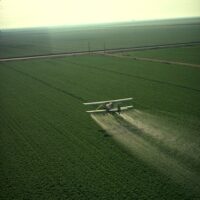
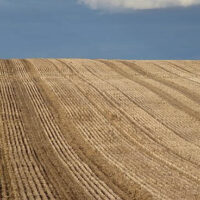
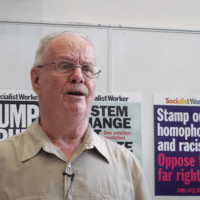




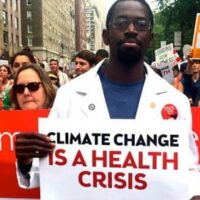
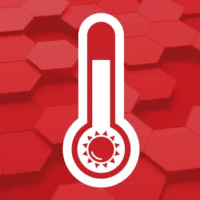

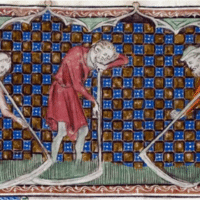
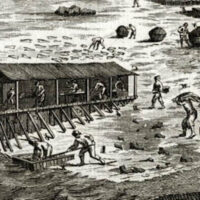

![“In the sixteenth and partly still in the seventeenth, the sudden expansion of trade and the creation of a new world market had an overwhelming influence on the defeat of the old mode of production and the rise of the capitalist mode.” — Karl Marx[1]](https://mronline.org/wp-content/uploads/2021/03/boat-200x200.png)
